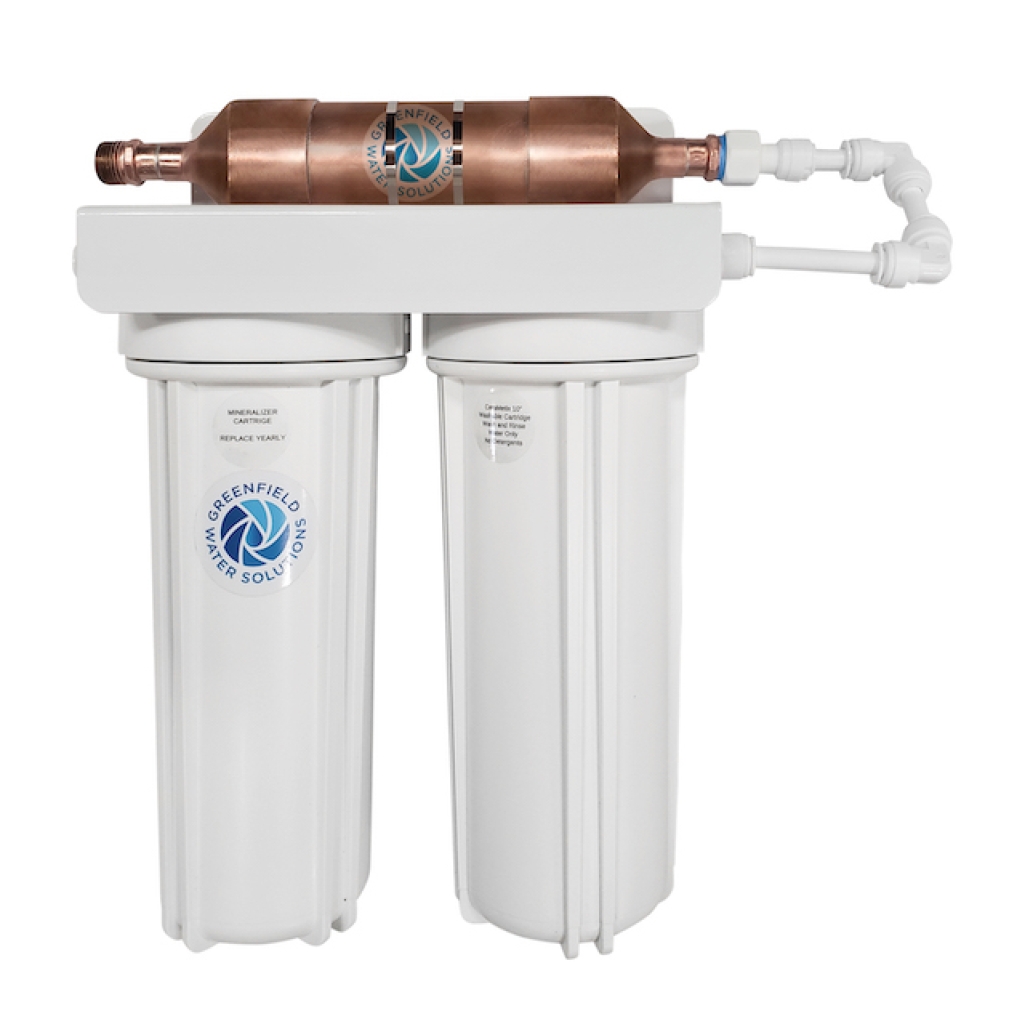
Image Source: Google
When it comes to moving, finding a reliable local moving company is crucial. You want a company that is trustworthy, efficient, and affordable. With so many options available, it can be challenging to determine which moving company is the right fit for your needs. To help you in your search, we have gathered expert advice on how to find reliable local moving companies in your area.
Research Local Moving Companies
Check Online Reviews
- Read reviews on websites like Yelp, Google, and Facebook to get an idea of the company's reputation.
- Look for patterns in reviews, both positive and negative, to gauge the overall customer experience.
- Avoid companies with consistently low ratings or multiple complaints.
Ask for Recommendations
- Reach out to friends, family, or colleagues who have recently moved for recommendations.
- Personal recommendations can provide valuable insights into a moving company's professionalism and reliability.
- Ask about their overall experience, including the booking process, moving day, and any follow-up interactions.
Verify Credentials and Licenses
Check for Licensing
- Ensure the moving company is properly licensed by checking with the Department of Transportation or a local regulatory agency.
- Licensing requirements vary by state, so make sure the company meets all necessary regulations.
- Unlicensed movers may not provide the same level of protection and accountability as licensed companies.
Verify Insurance Coverage
- Ask the moving company about their insurance coverage and what protection it offers in case of damage or loss.
- Reputable movers will have insurance to protect your belongings during the moving process.
- Verify the coverage limits and any additional insurance options available for added peace of mind.
Get Multiple Estimates
Request In-Home Estimates
- Avoid companies that provide estimates over the phone without seeing your belongings in person.
- Invite multiple moving companies to conduct in-home assessments to provide accurate quotes.
- Compare the estimates to evaluate pricing, services offered, and any additional fees.
Understand Pricing Structures
- Ask each moving company about their pricing structure, including hourly rates, flat fees, and any potential extra charges.
- Clarify what is included in the estimate and inquire about any potential factors that could affect the final cost.
- Choose a moving company that offers transparent pricing and provides a written estimate detailing all charges.
Ask Questions Before Making a Decision
Ask About Experience
- Inquire about the moving company's experience in handling local moves, including the types of services they offer.
- Ask how long they have been in business and if they have expertise in dealing with specific types of items, such as fragile or oversized belongings.
- Choose a company with a proven track record of successful local moves and satisfied customers.
Discuss Logistics
- Clarify the logistics of your move with the company, including the expected timeline, packing services, and any special requirements.
- Ask about the crew size, equipment used, and any potential challenges that may arise during the moving process.
- Ensure the moving company can accommodate your needs and provide a smooth moving experience.
By following these expert tips, you can find a reliable local moving company that meets your needs and ensures a stress-free moving experience.







